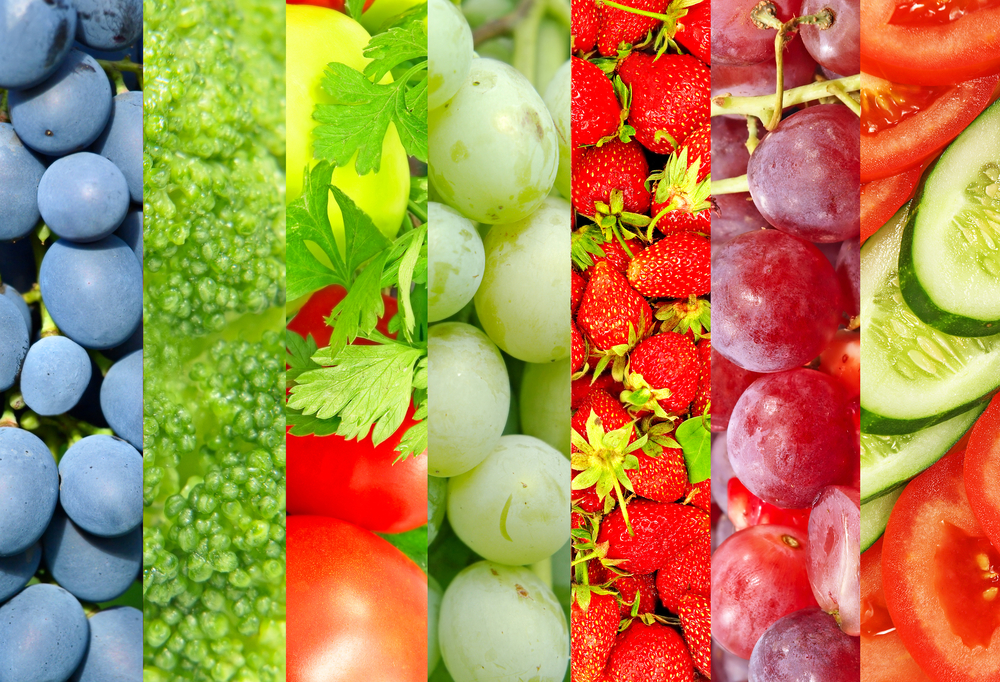Best Vitamins for Eyes

Trying to take care of one’s appearance is only one part of aging with grace. Ideally, you’re also taking care of your entire body in the best ways possible to minimize chances of illness and problems. Eyesight is one of the other major areas that people worry about troubles with their skin. This is understandable as most people are visually oriented and the thought of having difficulty seeing is troublesome. OROGOLD would like to highlight that you can take steps to help ensure that your eyesight is supported throughout your life as assuredly as you can take steps to support your skin. One of the best things you can do is try to ensure your diet is rich in particular vitamins that help guard against various eye-related issues such as cataracts and night blindness. We’ve put together a brief overview of some of the best vitamins for your eyes and what they’ll help you deal with over time.
Vitamin A
There’s no talking about vitamins that are good for your eyes without touching on Vitamin A. It almost seems like a cliché given that carrots serve as one of the best sources for the vitamin, but it doesn’t make the benefits of Vitamin A any less true. Technically, a particular form of vitamin A, beta-carotene, is the primary actor, but the main form is useful as well. One of their primary benefits is that a healthy supply of the vitamin allows your eyes to guard against the development of cataracts. This clouding of the lenses of the eyes is typically associated with aging, but various other causes are also known to prompt their development. Vitamin A also promotes resistance to macular degeneration later in life when combined with a healthy lifestyle.
Vitamin C
OROGOLD likes to stress the importance of vitamin C when it comes to skin health, but the truth is that the vitamin supports the body in a myriad of ways. This includes benefiting the eyes. In many ways, vitamin C offers similar benefits to vitamin A when it comes to eye health. It is particularly useful when it comes to delaying and avoiding more potent instances of macular degeneration though. Studies show that vitamin C seems to offer a more potent option for fighting the degeneration once it has already begun in addition to offering benefits before macular degeneration sets in. Additionally, it helps counter and minimize the appearance of cataracts. While we love vitamin C, it doesn’t stop or reverse either condition. This makes preventing eye problems the primary goal you should aspire to when trying to support your eye health.
Vitamin E
Vitamin E is yet another familiar face that happens to do well by both your skin and your eyes. This vitamin is shown to be useful in helping with macular degeneration in most studies. It supports eye health to decrease the likelihood of macular degeneration setting in or being as potent as it might otherwise be for you. There is another side to vitamin E though. It acts as an antioxidant and in some studies this appears to offer benefits for avoiding cataracts as well. This benefit is more commonly seen in dark, leafy greens rich in the nutrient lutein, but there are enough studies suggesting that vitamin E rich foods provide a similar benefit that we feel comfortable highlighting the vitamin as useful. The important point to remember is that regular vitamin E is useful both long and short term when it comes to eye health.
Supporting eye health isn’t something you necessarily need to go out of your way to do. Your body is a series of interlinked systems that support one another and all benefit from proper nutrition. OROGOLD has touched on the way to eat healthy before and we sincerely recommend taking this approach to your overall health as well as your skin’s health. The vitamins we’ve discussed in this piece work best when received from foods instead of from supplements. Eating right is what will serve you the best as you try to take care of your eyes.

